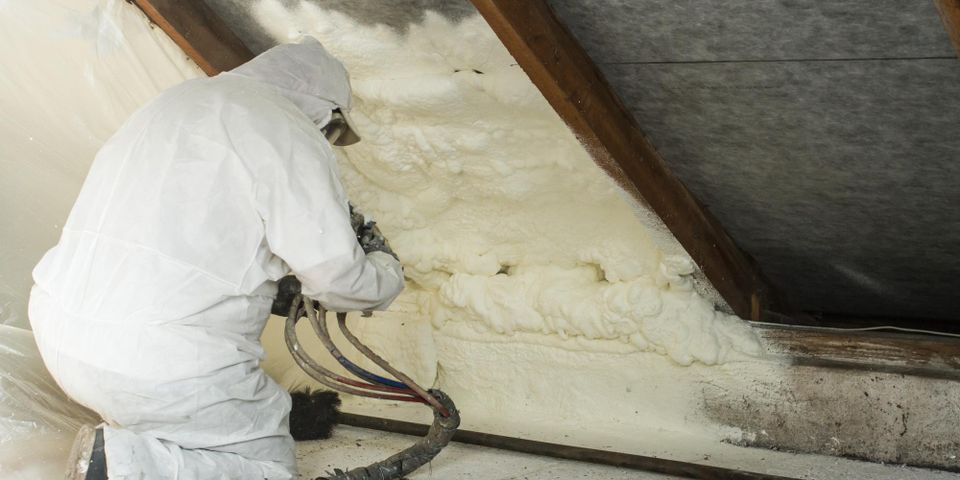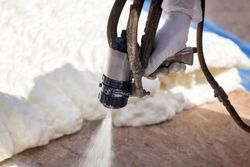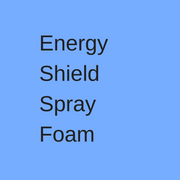
While most homeowners are aware that spray foam insulation is a superior product when compared to fiberglass insulation, the decision doesn’t end there. You’ll also need to consider whether closed-cell or open-cell foam is the best option for your space. This guide reviews the key differences between the two so you can make the best selection.
What's the Difference Between Closed-Cell & Open-Cell Spray Foam Insulation?
Closed-Cell Insulation
Insulation’s R-value is a measurement of how well it resists the flow of heat. Closed-cell insulation typically has an outstanding R-value due to its inherent makeup. The cells referred to in spray foam are bubbles. In closed-cell foam insulations, these bubbles are completely encased. This contributes to closed-cell foam’s rigid and dense nature when compared to open-cell configurations.
This type of spray insulation creates a robust air barrier, which keeps your home temperate all year long. It’s also water-resistant, which helps prevent mold growth within walls and other areas where insulation is needed. However, closed-cell foams can’t be used in tight spaces due to its rigidity.
Open-Cell Insulation
 Open-cell spray foam insulations are composed of exposed cells or bubbles. This makes the material far more pliable and flexible, meaning it’s ideal for cramped spaces. Once applied, it will continue to expand until all areas are filled. Closed-cell foams usually require more than one application to fully insulate an area.
Open-cell spray foam insulations are composed of exposed cells or bubbles. This makes the material far more pliable and flexible, meaning it’s ideal for cramped spaces. Once applied, it will continue to expand until all areas are filled. Closed-cell foams usually require more than one application to fully insulate an area.
While open-cell foams have a lower R-value and are not as water-resistant, they do acts as a fantastic sound barrier. It’s also more affordable, making it a better option for those trying to stick to a budget. However, if you’re concerned about extreme temperatures or water intrusion in an area of your home, closed-cell spray foam insulation might be a more beneficial choice for your project.
If you’re unsure which type of spray foam insulation is best for your project, contact the team at Energy Shield Spray Foam in Eminence, KY. These professionals are happy to discuss the many benefits of these products, including their improved efficiency and longevity when compared to fiberglass insulation. They’ll also perform a comprehensive energy audit to ensure all areas of air loss in your home are addressed. Call (502) 220-0231 to receive a free estimate, or visit them online to view a full list of their services.
About the Business
(1 reviews)
Have a question? Ask the experts!
Send your question

